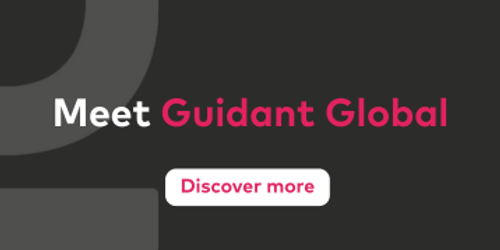

Author
4 minutes
Making disability confidence the new normal
Recently I attended the Business Disability Forum’s (BDF) annual Partner Group Reception at Royal Bank of Scotland’s (RBS) offices in London where we were welcomed to discussions around topics related to disability including how it affects business, as well as sharing BDF’s successes of the year, and ideas to shape progress moving forwards.
Identity
The discussions were centred on the theme of the BDF’s new campaign, ‘identity’, where guest speakers discussed what disability means for their identity – how they see and think of themselves and how they are perceived by others. There was plenty of food for thought on how identity is perceived, for example, Oliver Lam-Watson, Wheelchair Fencing World Cup winner talked about how concealing his identity (hiding his disability) took an emotional toll but he now sees himself as “an adaptive athlete, not a disabled athlete”. These words echo the need for businesses as well as individuals to understand that disability is simply a difference, not a hindrance, and there are lots of practical tips and ideas on how businesses can embrace it.
Building a truly inclusive culture
A great example of how businesses are working to make disability confidence the new normal is from RBS, as shared by John Brady, Programme Director at RBS. John was diagnosed with a medical condition eight years ago which almost cost him his job, but embracing his “new normal” rather than lamenting his inability to get “back to normal” totally changed things for the better. John is the co-chair of RBS’ disability employee network group, ‘Enable’, which has 1000 members.
“Businesses aren’t doing bad things (when it comes to inclusivity), they’re just not doing enough of the good/right thing. To achieve the BDF ‘Gold’ standard it was important to 'keep the tension on it (i.e. keep the focus on disability best practice)' because it’s easy to slip back. Not through bad practice, but just by things like inattention”, says John.
The five key elements of RBS’ success, achieving the BDF gold standard and strategy are:
• Visible exec sponsorship
• The 10 elements of the BDF standard – and creating a role within RBS which sponsors each of them
• Do it and report on it (be accountable for your activity)
• Include ‘disability speed bumps’ in workplace processes (these are triggers to think and talk about disability to make sure it’s catered for)
• Have an innovation focus
In addition to this, RBS has created a toolkit for people with a disability to better understand how to broach the topic in the workplace. A reciprocal mentoring scheme enables disabled people to educate execs about their disability, whilst in return receiving valuable professional mentoring. “Being disability confident should be the new normal. Disabled people should be helped out, not managed out, by their employer, and everyone should feel confident enough to bring your own self to work”. We couldn’t agree with you more John!
Using our influence
At Guidant Global, we’ve created an internal programme called ‘INfluence’ which is designed to up-skill and educate our team on all things related to diversity and inclusivity, including disability. We feel it is our responsibility to act as ambassadors and further educate our employees in order to build a greater understanding of disability and ultimately, create a more confident and inclusive environment. In doing so, we’re providing a voice and opening doors for disabled jobseekers. We can then share this best-practice approach with our clients, suppliers and candidates, using our influence to reach far beyond our own organisation.
For the full list of the diversity and inclusion initiatives Guidant is currently championing please click here. If you’d like to find out more about our work in the communities we serve, please contact us.
Insights to drive workforce performance
Workforce insights in your inbox
Sign up for our newsletter with the latest workforce management news, insights, analysis and more.
Australia
Suite 1403, Level 14
309 Kent Street
Sydney
NSW 2000
United Kingdom
United States
27777 Franklin Road
Suite 600
Southfield
Michigan 48034








